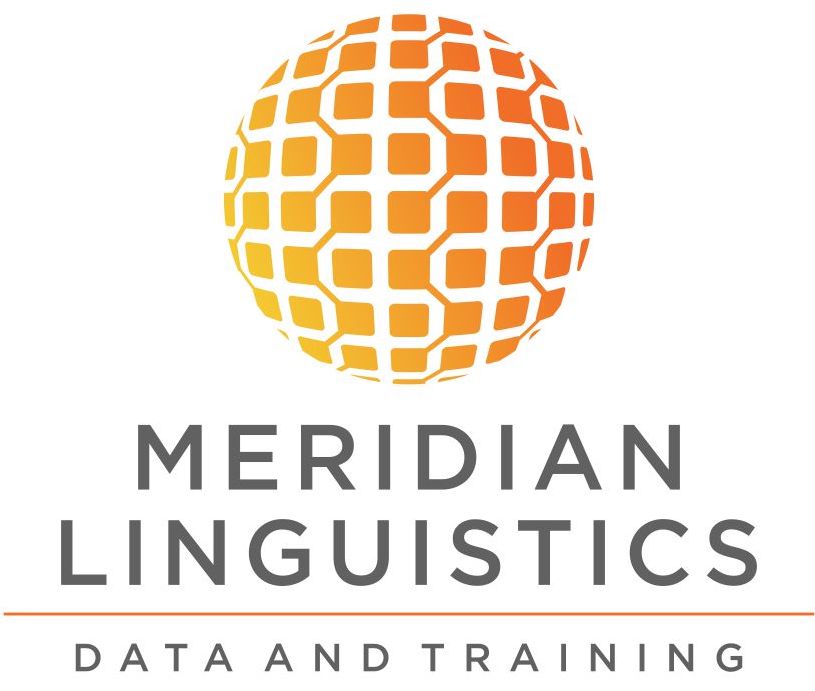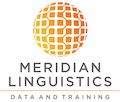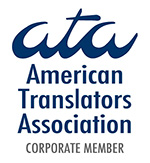What Are Hanja, and Why Are They Important for Korean Translators?
Hanja are Chinese characters used in written Korean.
Even though Koreans use Hangul, a writing system that was developed 500 years ago for the Korean language, Hanja is still used in conjunction with Hanja to this day.
In this blog post we will talk about why it is still relevant today, and why it is helpful for Korean translators to learn this seemingly archaic writing system.
.
What is Hanja?
Chinese characters were invented during the Shang Dynasty, more than 4,000 years ago. These characters then spread to their neighboring Asian civilizations.
While countries like Vietnam and Korean already had their own spoken languages, they did not yet have a writing system. Therefore, many of them adopted Chinese characters to express their language in written form.
In Vietnam, they called their Chinese writing system Chữ Hán (although they later switched to the Roman alphabet). The Japanese call their Chinese characters kanji, and these are still used (in modified form, and alongside two alphabets) to this day).
In Korea, this writing system is known as Hanja. Now remember, all of these Hanja refer to the Chinese writing system, not the spoken Chinese language. So don’t think of Chinese and Hanja as the same!
.
Why do Koreans use Hanja?
If you’re familiar with Korean, you probably know that the Korean writing system, Hangul (한글) was developed under King Sejong in the 15th Century.
However, due to opposition from the literary elite of the Joseon Dynasty, Hangul didn’t become widely used until the 19th Century even after such a long period of existence.
Because of its long history, Hanja is used even to this day. While it is slowly becoming more rare, Hanja is still used in conjunction with Hangul.
Hanja is taught to elementary school students in Korea and it is a component of the Korean College Scholastic Ability Test (수능), which is similar to the SAT test or IB test in other countries.
Hanja is still relevant today and readers would need to know some Hanja characters to understand the full meaning of some texts.
.
Why Should You Learn Hanja?
As mentioned above, Hanja is still very much relevant today. Not knowing Hanja can make it difficult to understand the meaning of some texts.
Hanja is also used more often in certain types of literature. Newspapers, academic papers, technical documentation, literature, and historical texts use more Hanja.
As translators you may run into documents that use Hanja, depending on your specialty. Technical manuals may not use Hanja, but novels and historical papers will likely include Hanja.
If you don’t know Hanja, or at least possess the ability to look up Hanja and correctly interpret it to the right context, you will be missing a good chunk of what you need to be a capable Korean translator.
.
How Do You Read Hanja?
If you are unfamiliar with Chinese characters, it’s important to understand that each single character stands for a single concept (unlike alphabets, where each character represents a sound).
For example, the following characters stand up “Chinese Character.”
漢字
The first character refers to the Han Dynasty and the second character means “letter” or “character.”
You may have guessed that in Korean, this is pronounced “Hanja.”
We just learned what Hanja looks like in Hanja!
The tricky thing about Hanja is that while each character usually has one common meaning and one commonly used pronunciation, this can change depending on the context.
For example, 美 can mean “beauty,” “The United States,” or “the Americas” depending on the context!
.
Where to Learn Hanja
Learning Hanja can be rather overwhelming. With more than 53,000 characters used in Korean Hanja, you might not know where to start!
Fortunately, you can take your first steps into your Hanja learning journey with Meridian by taking our Introduction to Hanja Course.
We will guide you on the basics of Hanja, and point you to resources where you can look up Hanja and learn more on your own.
We hope this is helpful: best of luck on your Hanja journey!
Are you a translation buyer looking for Hanja translation? Feel free to contact us.
Are you a language professional interested in learning more about the translation industry, or working with an international remote team? Work with us.




Leave A Comment